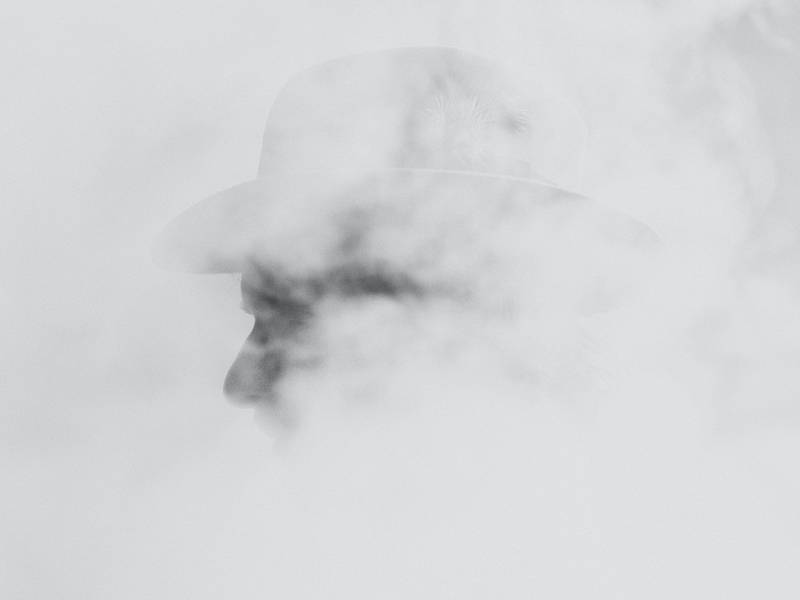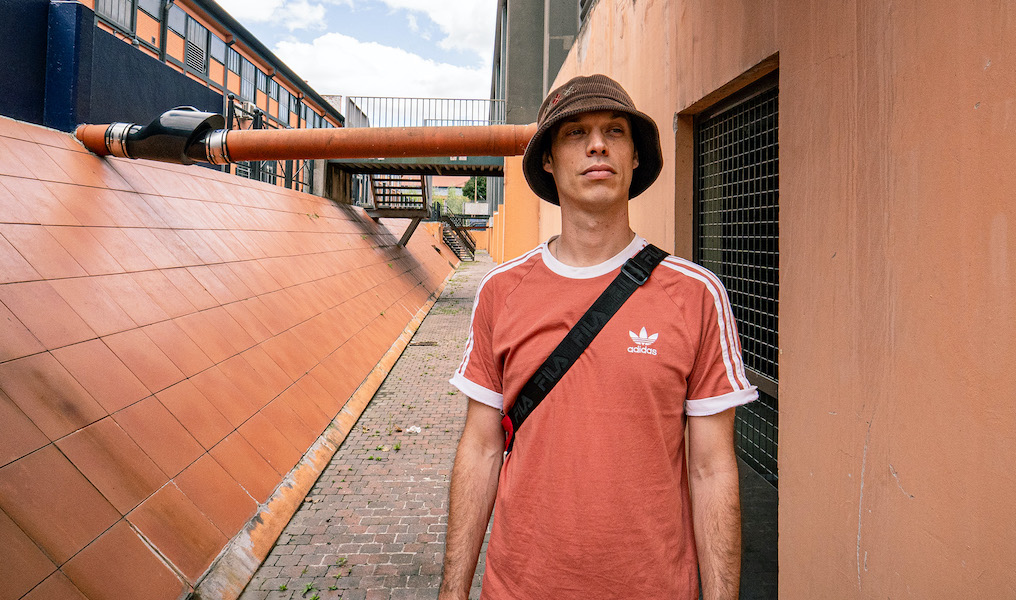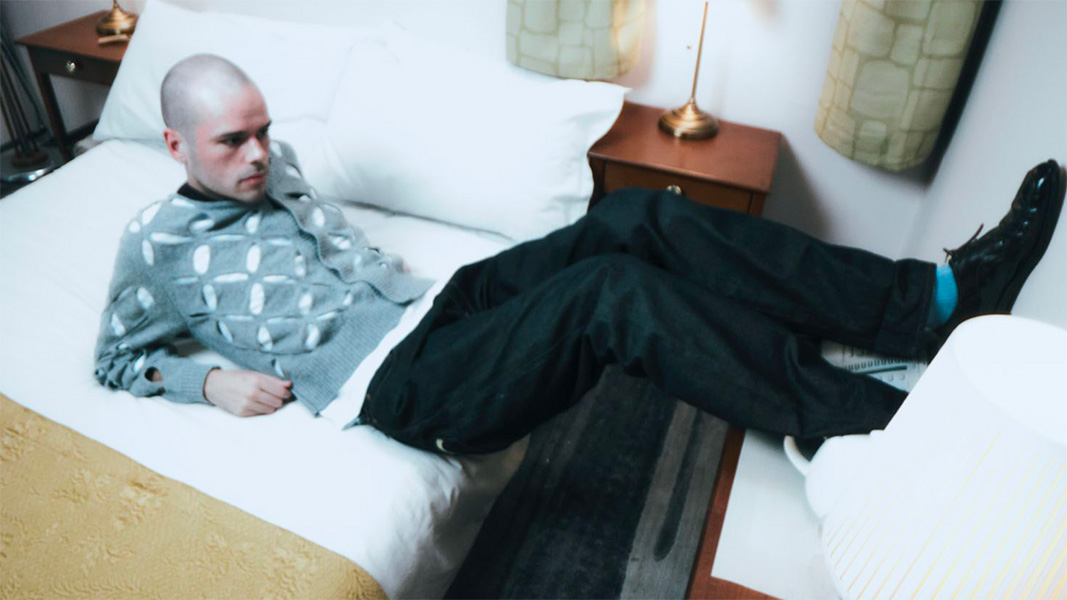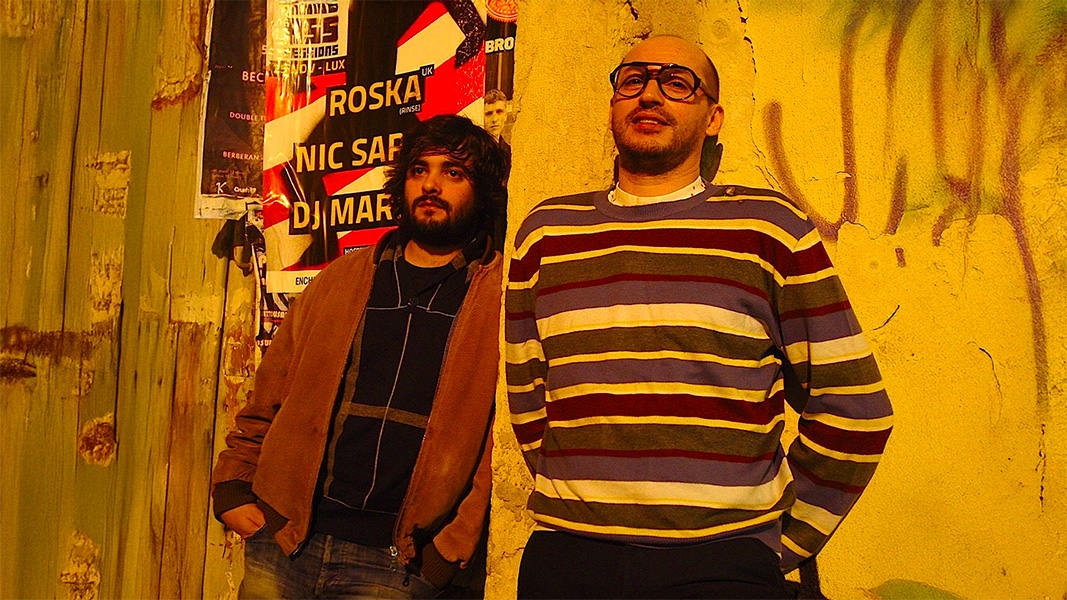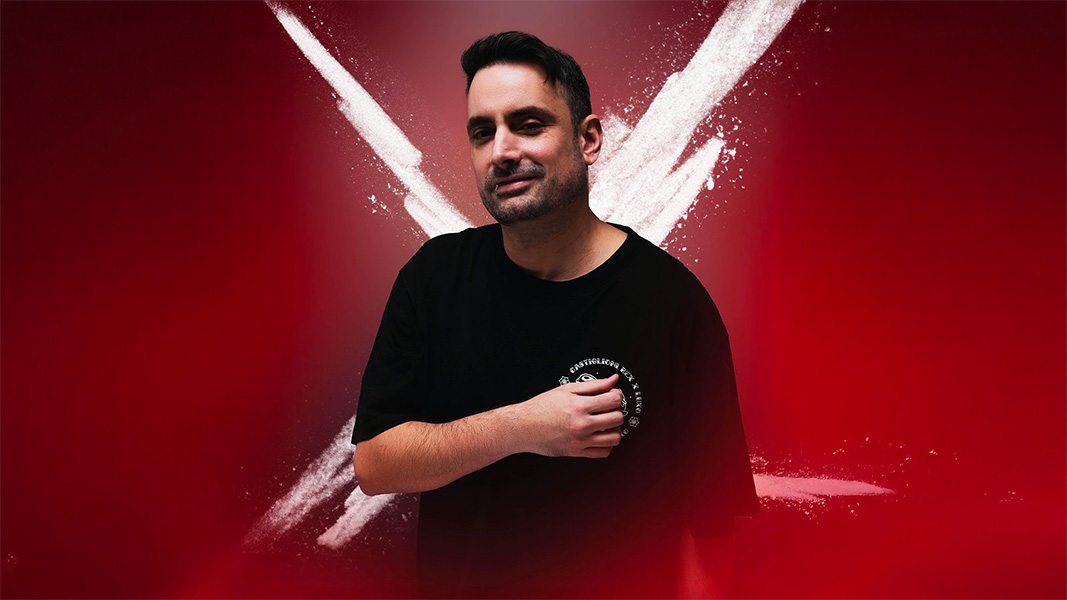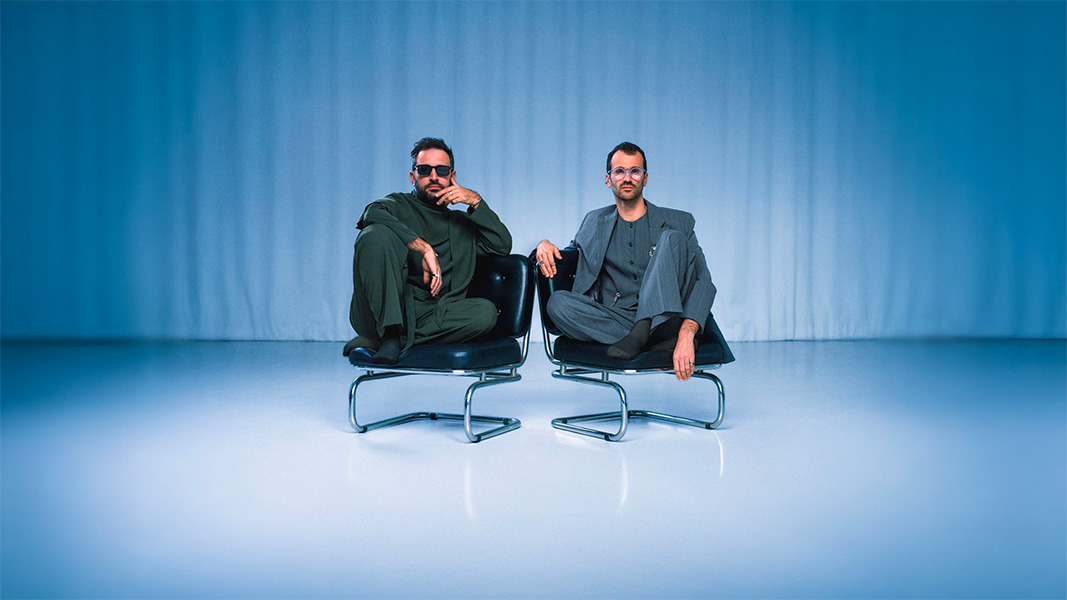Satori is one of the most exciting artists coming out of the Netherlands at the moment. He recently finished a major ‘Maktub’ tour of the US (with his live outfit The Band From Space) and was confirmed earlier this month for both dates at Coachella 2022. Today we chat with him, in line with his most recent release ‘Lalai’ on Crosstown Rebels and ahead of his Spring album release.
WWD: Hi Satori, thanks for joining us and congrats on the new tune ‘Lalai’. Can you tell us about it?
Thanks! Happy to be here 🙂 So yeah ‘Lalai’ is out today and I’m really overwhelmed by the response so far to it, it’s great to see so many people connecting with it. Crazy fact, it was actually recorded in a 400-year-old water well which gives the vocal a really unique sound that you just wouldn’t get recording it in a regular studio. The vocalist is Iranian opera singer Ariana Vafadari, she wrote the lyrics for her son, it was a lullaby to help him get to sleep. When we started working on it, it took on a broader meaning. It became more of a ‘goodbye’ song, dealing with the idea of letting go, letting a person in your life go, or allowing the day to give way to the night. The song has two very extreme parts to it, which became my inspiration for really diving into that juxtaposition, exploring the space between. On one hand you have Ariana with the lullaby, very delicate and romantic and gentle. Then on the other side you have the heavy electronic sound of beats and synths. There was a definite challenge in bringing these two very different atmospheres together so that they worked in harmony, but I’m very happy that I did because I think the end result is sensational.
WWD: The track is from your upcoming album ‘Dreamin’ Color’, which we’re told we can expect this April. What was the inspiration behind the album?
I think probably like a huge amount of art being created over the last two years, the album has been very much affected by Covid. For me, it was a natural, artistic expression of being so savagely separated from my love. We were quite literally almost worlds apart, she was in NYC and I was in Europe, separated by lockdowns and pandemic travel restrictions. For me it was like breathing to channel that raging emotion into my music. It was a very personal writing process for me, probably the most intimate writing of my career so far, but it flowed easily, it was obvious that it had to come out.
WWD: You recorded it in Ibiza last year, using a pretty interesting ‘re-recording’ process. If we’ve got it right, you recorded it electronically and then pumped it out through the studio speakers and recorded it again? Are we on the money and why exactly did you do that? What did that bring sonically to the album?
That’s pretty much it. It was such a personal, intimate album that I wanted the recording process to replicate that, to capture the intimate relationship between the listener and the song. For me, that’s not what you get when you’re dealing with a bunch of plug-ins that everyone else has access to. I wanted this album to be absolutely unique, something that you can’t simply replicate by using the same software. There had to be a real, raw feel to it, the kind of connection you get from listening to a Bowie album, you know? So I worked with Henry Sarmiento from Sonic Vista Studio in Ibiza, and decided that we’d use recording techniques that they used in the 70s and 80s. We recorded everything using microphones and recording the playback sound in a real, air-filled atmosphere with space and atoms and dust and interference. Even if it as an electronic sound coming from the computer, or an instrument, whatever, we’d play the sound over a speak, record the speaker with the mic and then take that recording file back into the studio and delete the original electronic one. Listen to the album and the whole record sounds like it was played by a band in a room, which is exactly the sound we were aiming for.
WWD: What are the stand-out singles from the album for you and why?
There are two that really stand out for me, both for really different reasons. ‘Yellow Blue Bus’, which was the lead single from the album, is a duet between my girlfriend Karina and me. Our voices meeting when we couldn’t for me really encapsulates what the whole album is about, connection, love, the ability to come together and express ourselves through music and it’s all here in one single song with the woman that I love. The second track that I super connect with is ‘Moj Dilbere’. The song is one that my parents used to sing, it’s a traditional Balkan lullaby and has real personal resonance for me, so I was determined to bring it into the album in some way. I travelled to Belgrade, originally to find an old vinyl copy of the song that I could sample. But when I was there I heard this street musician singing the song. It was so beautiful, so evocative, so emotional. I asked him for his number, we rented a studio, I recorded him right there and then and then a year later we’re standing together on the Exit Festival mainstage signing this same song in front of 20,000 people. You can’t make that up. For me, that’s one of the most magical stories to come from the creative process of this album.
WWD: You have some great guest vocalists on there: Iranian opera singer Ariana Vafadari on ‘Lalai’, Romani street artist Stefan on ‘Moj Dilbre’, your partner Laska on ‘Blue Yellow Bus’. What draws you to a particular vocalist?
It really can be anything, I don’t limit myself to ‘one thing’. For me there has to be some sort of spiritual connection that you get when you’re listening to a vocalist, a frisson, an emotional depth that draws you into the tapestry of the song as a whole. I’ve pulled in some amazing artists to work with me on ‘Dreamin’ Color’ and they all lend their own unique sound profile to their respective tracks. The voice is both a storyteller and an instrument and a singer that can do both, draw you into the story and at the same time sink their teeth into your emotions as you listen, that is special and something that I’m looking for.
WWD: You’re already a big deal in the Netherlands but now we’re starting to see you appear globally, including of course Coachella this year, which is a huge deal. What can fans expect?
I’m really enjoying touring right now. I played across North America at the end of 2021 which I was really grateful for, especially after the past couple of years. That human connection between the artist and the audience is something I’ve never taken for granted but it was extremely highlighted for me after everything we’ve been through, the separation we’ve been forced to endure. Coachella is very exciting of course, it will be the second year that I’ve performed there and I’m looking forward to showing my Maktub show there. The live Maktub performances are very different from my more electronic-based one-man shows, but I think both manage to give music lovers the feeling of being embraced by and washed over with an organic, moving, fluid and free musical experience. That’s something I strive for, to develop a living body of music that emanates from me on stage and wraps itself around the audience, pulling us all together into the performance.
WWD: You’ll be performing with The Band From Space who you’ve called your “musical brothers in arms”. Who’s in the band, how long have you been performing together and what’s the vibe like when you get together?
The band have been with me for years and when we play together as Satori and The Band From Space we’re like one body moving together. We can anticipate each other’s next moves, we can go off from the script on a musical journey, as a musician there aren’t many things more exciting than being able to have that kind of creative, artistic rhythm with other human beings. It also allows me to bring my music to life in a completely different way than my one-man Maktub shows, which tend to be a little more electronic sounding purely because of my set-up. There’s no way playing by myself that I could be so expansive in the sound with a purely instrumental set-up. When I play with the band, I can go much deeper into the instrumental work. I think also you see the mindset of the crowd change when they see guys with instruments in their hands, they’re more open to experimentation and going off the wall when the music is so obviously played live in a collective. So once the album is over, I’ll start to
WWD: Thanks for talking with us Satori, we look forward to seeing you on a stage near us soon!

